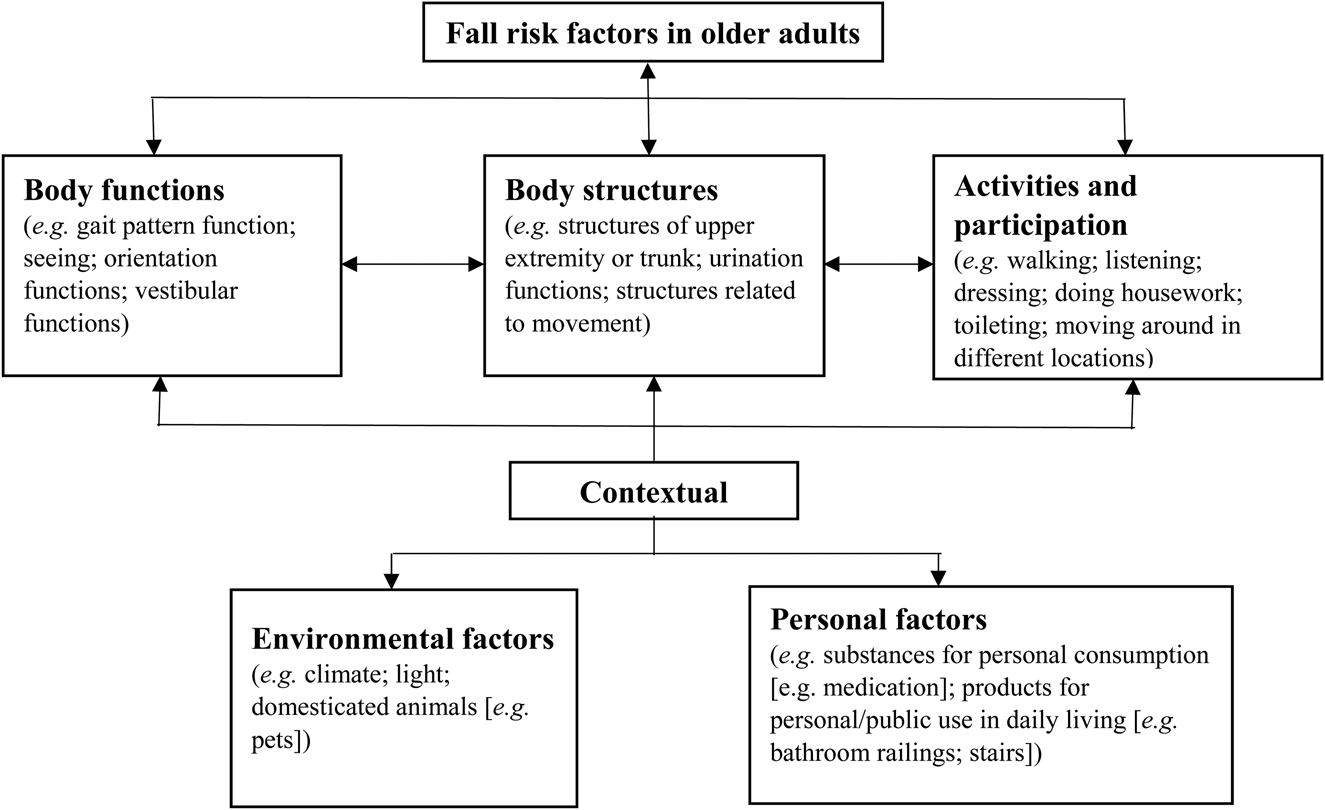Excitement About Dementia Fall Risk
Excitement About Dementia Fall Risk
Blog Article
What Does Dementia Fall Risk Do?
Table of ContentsAbout Dementia Fall Risk4 Easy Facts About Dementia Fall Risk ShownDementia Fall Risk for Beginners10 Easy Facts About Dementia Fall Risk Shown
A fall threat analysis checks to see exactly how most likely it is that you will certainly fall. The evaluation generally includes: This consists of a collection of questions regarding your total health and wellness and if you have actually had previous falls or troubles with balance, standing, and/or strolling.Interventions are suggestions that may reduce your danger of dropping. STEADI includes 3 steps: you for your risk of falling for your threat elements that can be enhanced to try to stop falls (for instance, balance problems, damaged vision) to lower your risk of falling by using efficient techniques (for instance, providing education and learning and resources), you may be asked numerous concerns including: Have you fallen in the past year? Are you stressed about falling?
If it takes you 12 seconds or even more, it might indicate you are at greater threat for a fall. This test checks toughness and equilibrium.
Relocate one foot halfway forward, so the instep is touching the huge toe of your various other foot. Move one foot completely in front of the various other, so the toes are touching the heel of your other foot.
Our Dementia Fall Risk Statements
The majority of falls take place as a result of numerous adding variables; as a result, taking care of the danger of falling begins with identifying the factors that add to fall threat - Dementia Fall Risk. Some of the most pertinent danger factors consist of: Background of previous fallsChronic medical conditionsAcute illnessImpaired gait and equilibrium, lower extremity weaknessCognitive impairmentChanges in visionCertain high-risk medications and polypharmacyEnvironmental variables can also increase the danger for drops, including: Inadequate lightingUneven or damaged flooringWet or slippery floorsMissing or damaged handrails and order barsDamaged or incorrectly fitted devices, such as beds, mobility devices, or walkersImproper use assistive devicesInadequate supervision of the people staying in the NF, including those who exhibit hostile behaviorsA successful fall danger management program needs an extensive scientific evaluation, with input from all members of the interdisciplinary team

The treatment plan must additionally include treatments that are system-based, such as those that advertise a safe setting (appropriate lighting, handrails, grab bars, and so on). The efficiency of the treatments need to be examined periodically, and news the treatment strategy revised as essential to reflect modifications in the fall risk evaluation. Executing a loss threat management system making use of evidence-based ideal technique can decrease the occurrence of falls in the NF, while limiting the capacity for fall-related injuries.
The 5-Minute Rule for Dementia Fall Risk
The AGS/BGS guideline suggests screening all grownups aged 65 years and older for autumn risk yearly. This screening contains asking people whether they have dropped 2 or even more times in the previous year or looked for clinical focus for a fall, or, if they have actually not dropped, whether they really feel unstable when walking.
Individuals who have actually dropped as soon as without injury should have their equilibrium and stride evaluated; those with gait or equilibrium abnormalities must obtain extra assessment. A history of 1 loss without injury and without gait or balance problems does not warrant additional analysis beyond ongoing annual fall risk screening. Dementia Fall Risk. A loss danger analysis is required as part of the get more Welcome to Medicare examination

Unknown Facts About Dementia Fall Risk
Documenting a drops background is one of the top quality indications for loss avoidance and management. A vital part of danger analysis is a medication testimonial. Several courses of medications boost loss danger (Table 2). copyright medicines particularly are independent forecasters of drops. These medications often tend to be sedating, change the sensorium, and harm equilibrium and gait.
Postural hypotension can frequently be alleviated by minimizing the dose of blood pressurelowering drugs and/or quiting medicines that have orthostatic hypotension as a negative effects. Usage of above-the-knee assistance hose and copulating the head of the bed raised may likewise decrease postural decreases in blood stress. The suggested elements of a fall-focused physical exam are displayed in Box 1.

A Yank time greater than or equivalent to 12 secs suggests high fall danger. Being incapable to stand up from a chair of knee elevation without utilizing one's arms indicates enhanced fall risk.
Report this page